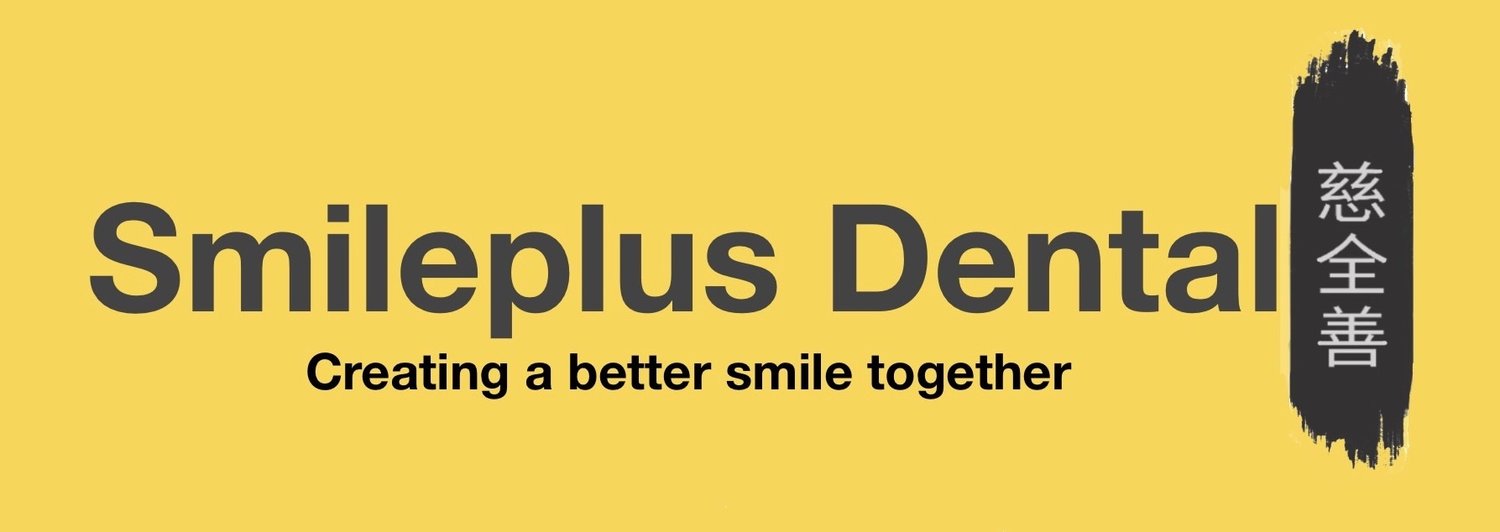What is the best age to remove my wisdom tooth in singapore?
Wisdom teeth, also known as third molars, are the last set of permanent teeth to emerge in the mouth. These teeth often cause discomfort and pain, making it difficult to eat, speak, and even open your mouth. If you are considering getting your wisdom teeth removed, it is important to consider the right time to do so. In this article, we will explore the benefits of removing wisdom teeth before they erupt, after they erupt, and as a working adult after 35.
Before 18: Removing Wisdom Teeth Before They Erupt
Removing wisdom teeth before they erupt is often recommended for children and teenagers. This is because the roots of the wisdom teeth are not fully developed at this age, making the procedure less invasive and quicker to heal. In addition, there is less chance of damaging the surrounding teeth, jawbone, and nerves during the extraction process.
Pros:
The roots of the wisdom teeth are not fully developed, making the procedure less invasive and quicker to heal
There is less chance of damaging the surrounding teeth, jawbone, and nerves during the extraction process
The procedure can be done under local anesthesia, which is safer for young patients
Cons:
Some children and teenagers may be nervous about undergoing a dental procedure
The procedure may be more expensive for younger patients
After 18: Removing Wisdom Teeth After They Erupt
Removing wisdom teeth after they have erupted is a common option for many adults. This is because the roots of the wisdom teeth are fully developed, making the procedure more straightforward. However, this also means that there is a higher risk of damaging the surrounding teeth, jawbone, and nerves during the extraction process.
Pros:
The procedure is more straightforward as the roots of the wisdom teeth are fully developed
Wisdom teeth are often more visible after they have erupted, making it easier for the dentist to assess the situation
The procedure can be done under general anesthesia, making it a good option for adults who are nervous about the procedure
Cons:
There is a higher risk of damaging the surrounding teeth, jawbone, and nerves during the extraction process
The procedure may be more invasive, making it take longer to heal
The procedure may be more expensive for adults
As a Working Adult After 35: The Benefits of Removing Wisdom Teeth
Usually this is the age where teeth begin to be painful again as patients enter the working world and oral hygiene can sometimes be neglected in the hustle and bustle of work. Removing wisdom teeth as a working adult after 35 can provide a range of benefits, including relief from discomfort and pain, improved oral hygiene, and a better overall quality of life. For working adults, removing wisdom teeth can also mean being able to eat and speak more comfortably, which is important for maintaining a professional appearance.
Pros:
Relief from discomfort and pain
Improved oral hygiene
Better overall quality of life
Being able to eat and speak more comfortably, which is important for maintaining a professional appearance
Cons:
Being older, the patient may take longer to heal
Conclusion
In conclusion, the best time to remove wisdom teeth depends on your individual needs and circumstances. Removing wisdom teeth before they erupt is often recommended for children and teenagers, while removing them after they have erupted is a common option for many adults. As a working adult after 35, removing wisdom teeth can provide a range of benefits, including relief from discomfort and pain, improved oral hygiene, and a better overall quality of life.




